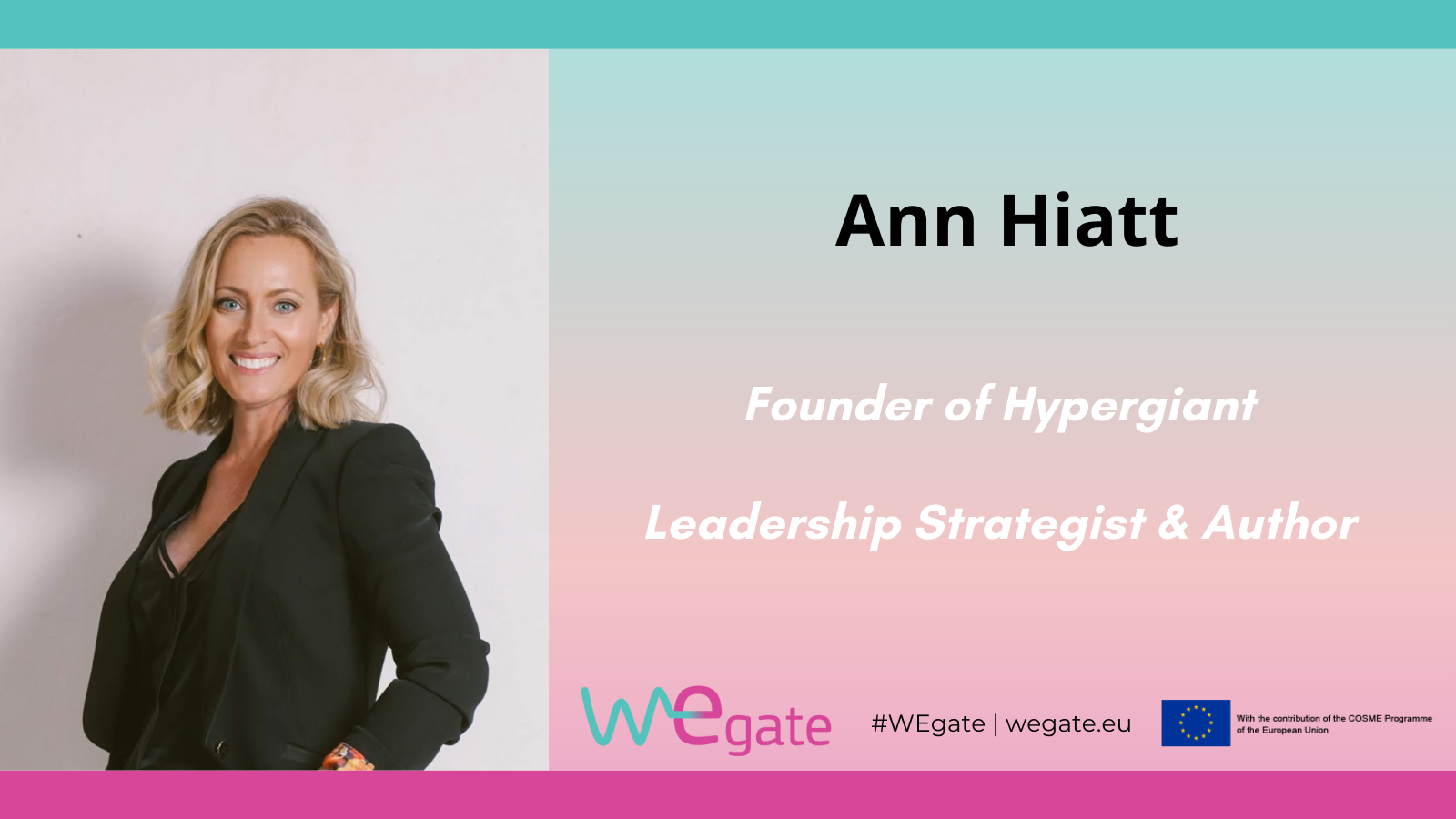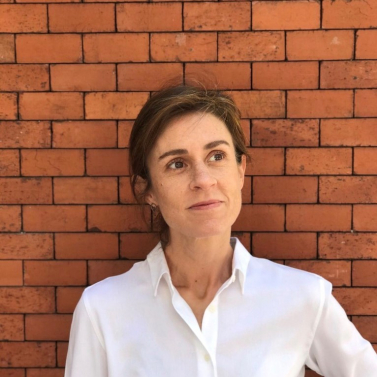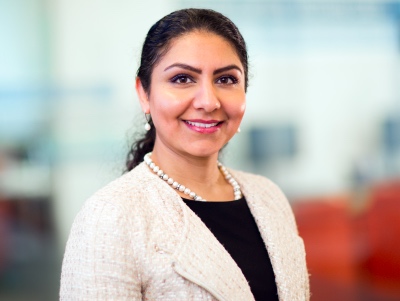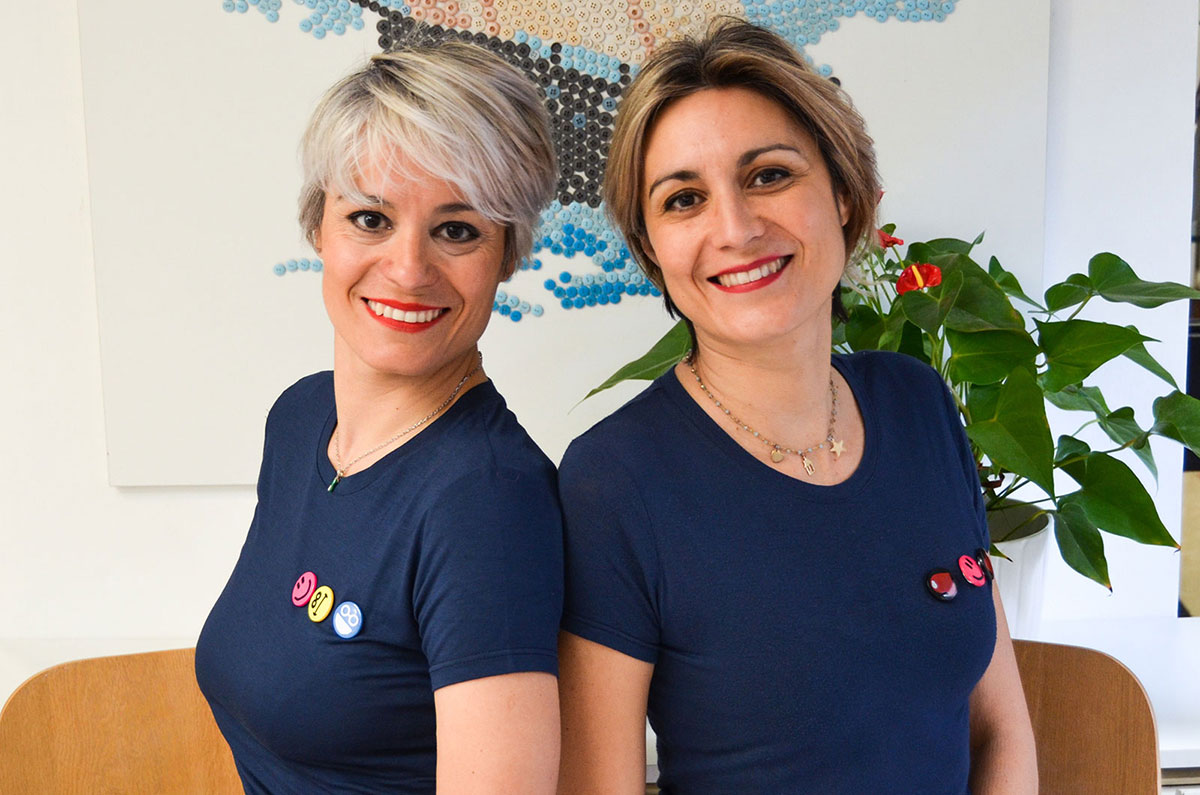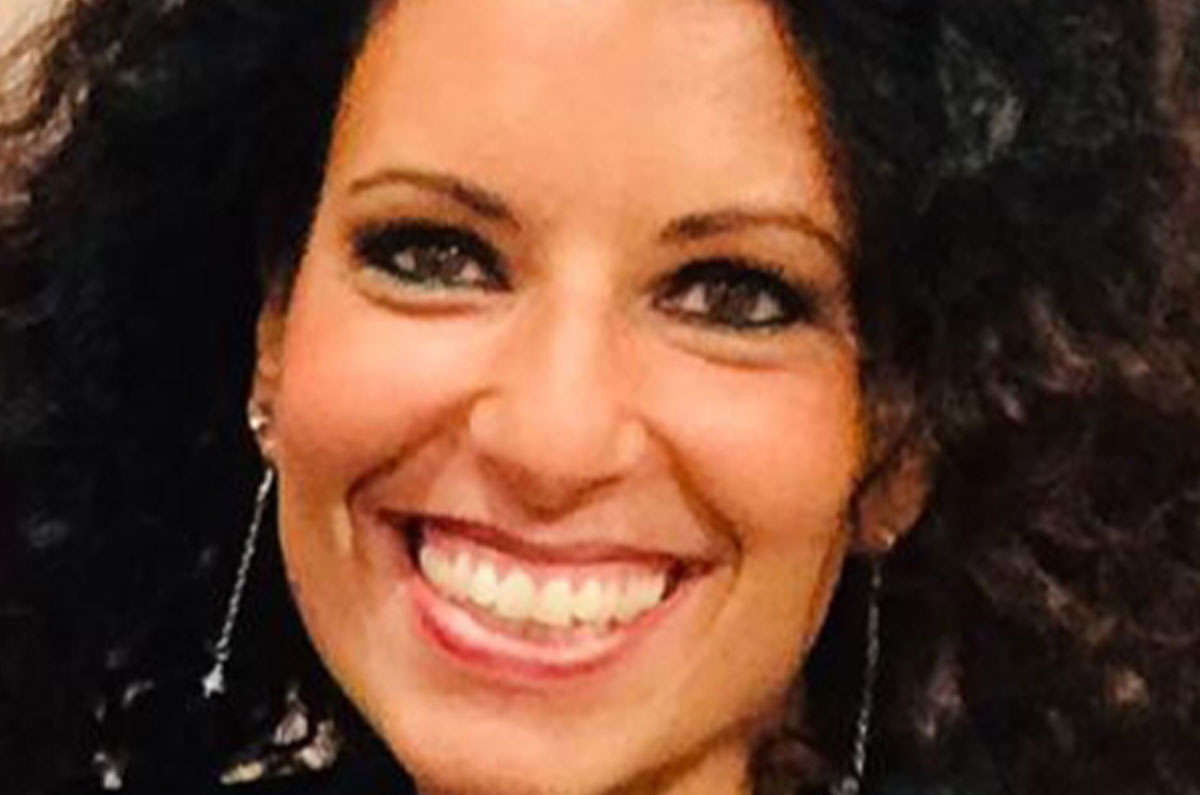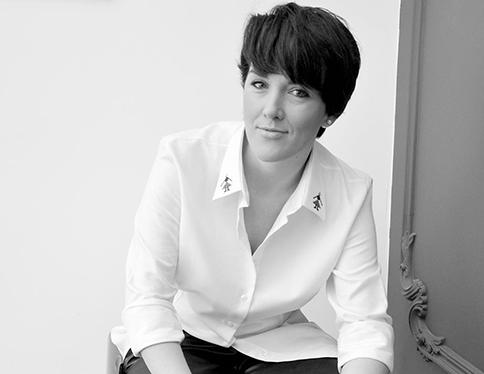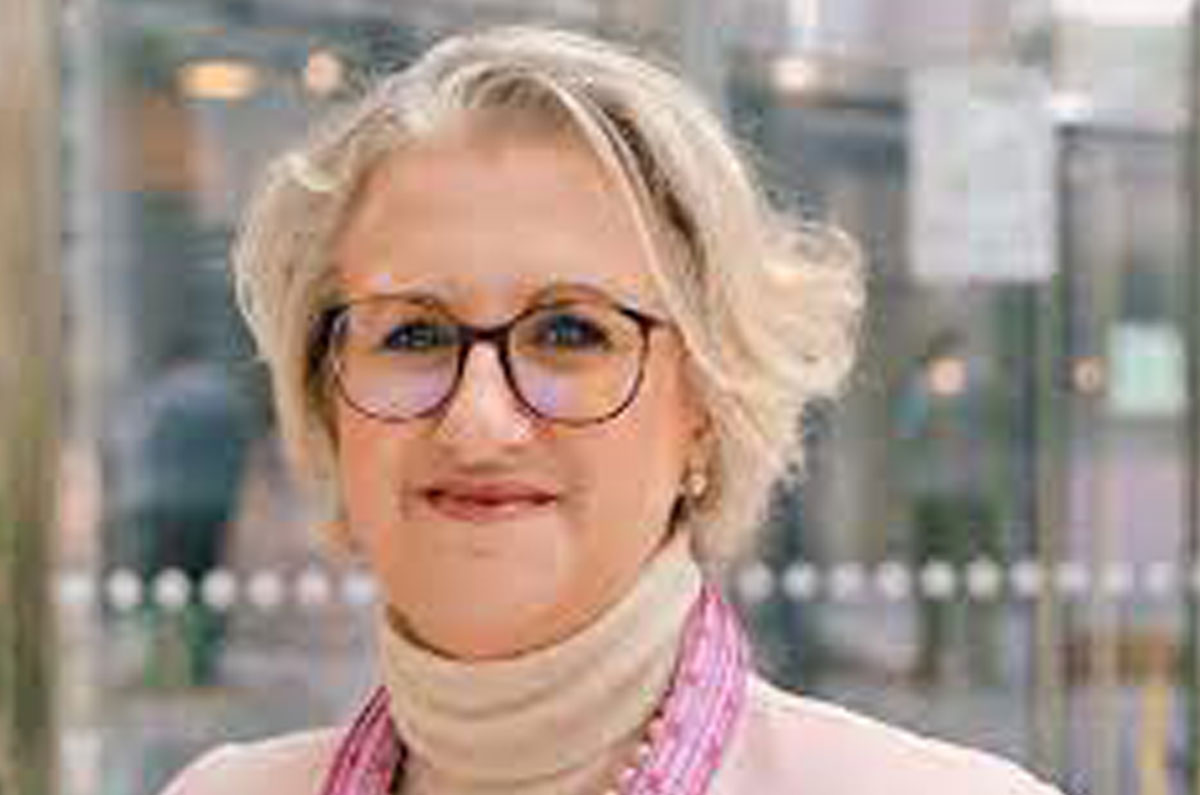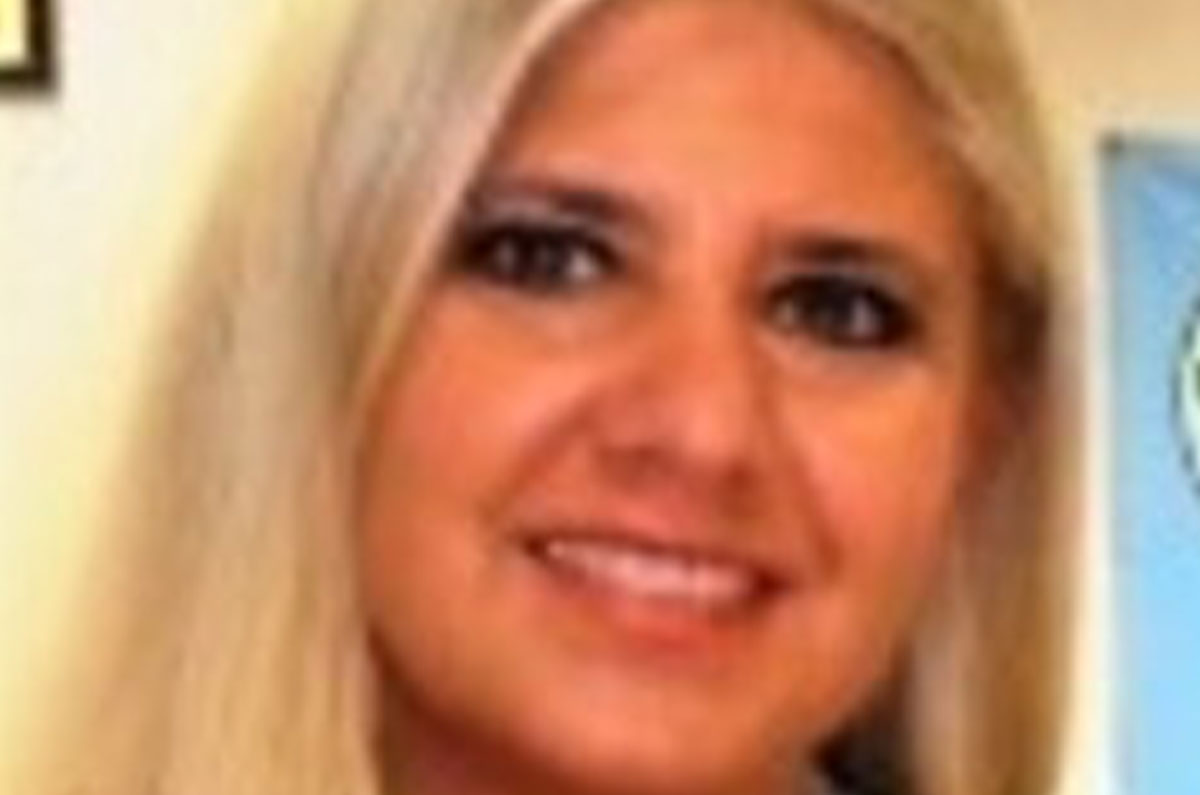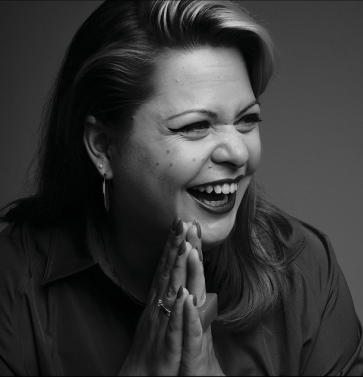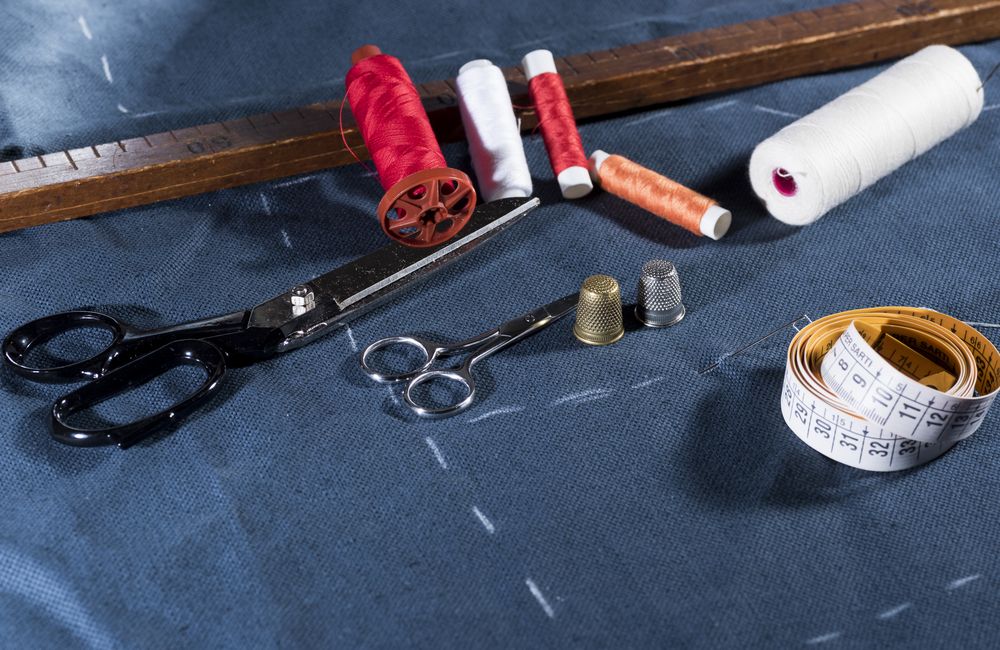
Tania Habimana
Just think: how many business women do you think of as role models? That question has been on entrepreneur Tania Habimana’s mind for a while now. She hosts a show on entrepreneurs in Africa. “I find that for every nine male entrepreneurs that I interview, I’ll have one woman.” And this is not because she is not trying hard enough to find them, it is simply because they are not there.
Tania is a citizen of the world at heart. Born in France to Rwandan parents, she grew up in Belgium and the UK before studying in Italy, The Netherlands, and Wales. She first moved to Africa in 2014 to develop her employer’s tailoring brand on the continent where she later thrived as an entrepreneur.
“I was very much operating in isolation, the company didn’t really have knowledge of the market,” she said. “So my head office couldn’t actually help me in [solving] challenges, it was my clients that did, the CEOs and entrepreneurs that were buying my suits, people who actually knew the market.”
While selling suits to corporate executives, she often chatted with them about business, gathering knowledge and insights into the African market.
“At some point I had the idea that this is knowledge that could be shared and that this is an interesting format. And that’s where the idea for the Tailored Business show came about,” she said.
The show starts in September 2017 on CNBC and has taken her around Africa meeting entrepreneurs and businessmen and share their story while they are trying on suits.
Although Tania thinks of Africa as the next frontier market and a continent full of opportunities, she admits that it presents a challenge, especially for women. To Tania, more needs to be done to provide opportunities that encourage women entrepreneurs. More than financial support, she wants to see more female role models. “My Habimana House company now has a subsidiary in South Africa. And our board of directors is exclusively female, but it took us a while to actually find these women business leaders that we wanted,” she said.
Things seem to be moving forward and some African countries are making it easier for female entrepreneurs to set up their own company. South Africa is such an example. After the end of the Apartheid regime, the new government passed the Black Economic Empowerment Act, where, Tania says, women are put forward quite a lot. “They actually get a lot of support and backup, financially and also in terms of mentoring and assistance,” she added.
Since the start of her journey as an entrepreneur, Tania has created such a mentoring environment for herself and those working with her.
“I have a group of women that surround me that are entrepreneurs and high power business people,” she said. “I think groups like this can actually help in the sense that we wouldn’t have to try to figure it out on our own, we’ve got a collective brain to actually work through issues and put them to light as well.”
Tania firmly believes in sharing knowledge and helping others achieve success on their own path to entrepreneurship. She takes her recent conversation with an intern as an example. She told Tania that a client in her old job had been inappropriate, and she didn’t know how to handle the situation. “But if this information is readily available ‘this is what happened, this is how we dealt with it’ then we just get more power. I really believe knowledge is power, conversation is power.”




